The Network of NUJU’s Journalists’ Solidarity Centers, created in April 2022 at the initiative of the NUJU, with the support of the International and European Federations of Journalists, as well as UNESCO, is destined to help media representatives working in Ukraine during the war and journalists and editors who find themselves in trouble. The purpose of the Centers is to provide effective support to journalists, freelancers, bloggers, and associated media personnel working in the difficult conditions of the current war.
The impetus for the creation of the Centers was the need for urgent support for media workers who had to leave their homes and newsrooms in occupied and dangerous territories. In 2022, six Centers were created in the cities of Kyiv, Lviv, Ivano-Frankivsk, Chernivtsi, Zaporizhzhia, and Dnipro. Only in the first fifty days of the full-scale war were they addressed by almost 200 media workers who needed urgent help that touched relocation logistics, housing, money, and workplace.
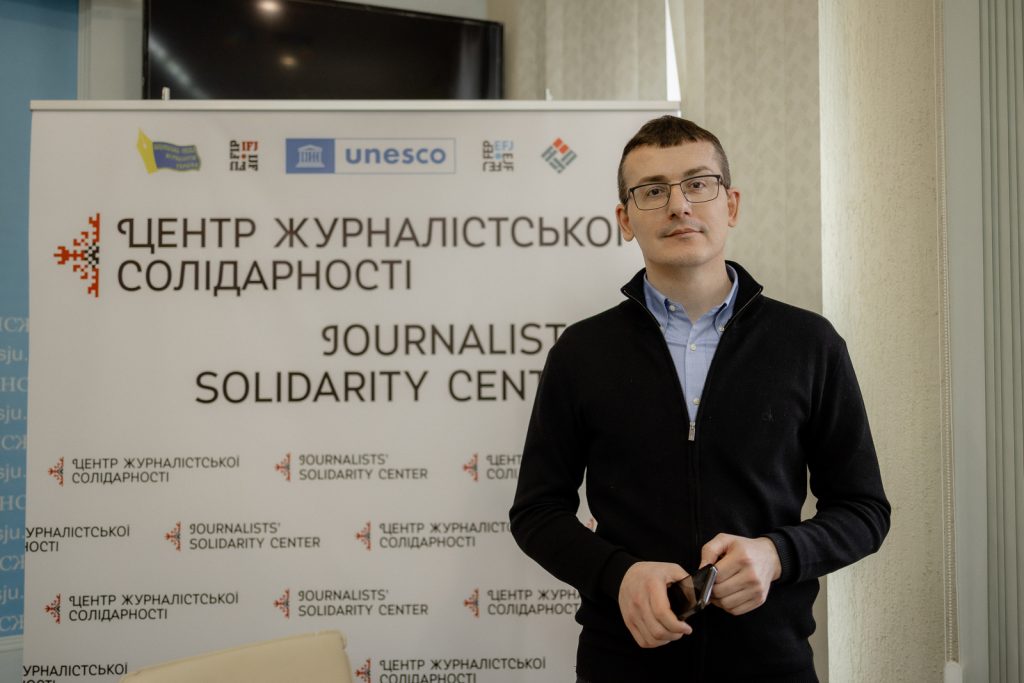
– Despite the fact that we organize work through regional Centers, we are in contact online, and personal contact is important for teamwork. The Centers are a team of those who help Ukrainian media in times of challenges. We must support our heroes, journalists, and the media as much as possible so that Ukrainians have access to verified information that saves lives, – noted the President of the NUJU, Sergiy Tomilenko.
When the full-scale invasion of the Russian Federation into Ukraine began, European colleagues did their best to consider ways to evacuate journalists from Ukraine.
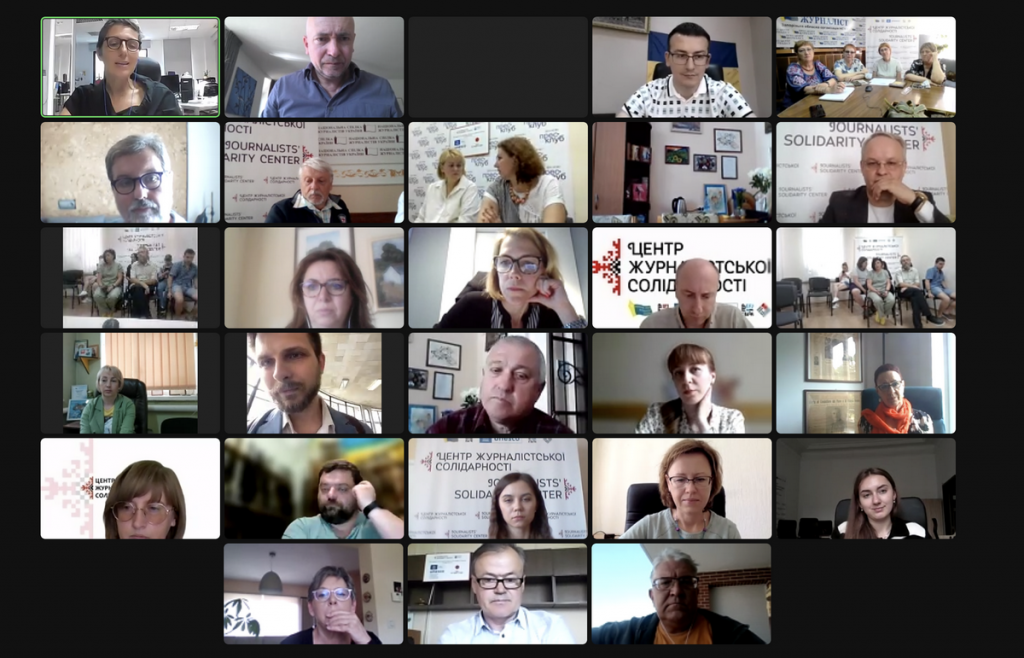
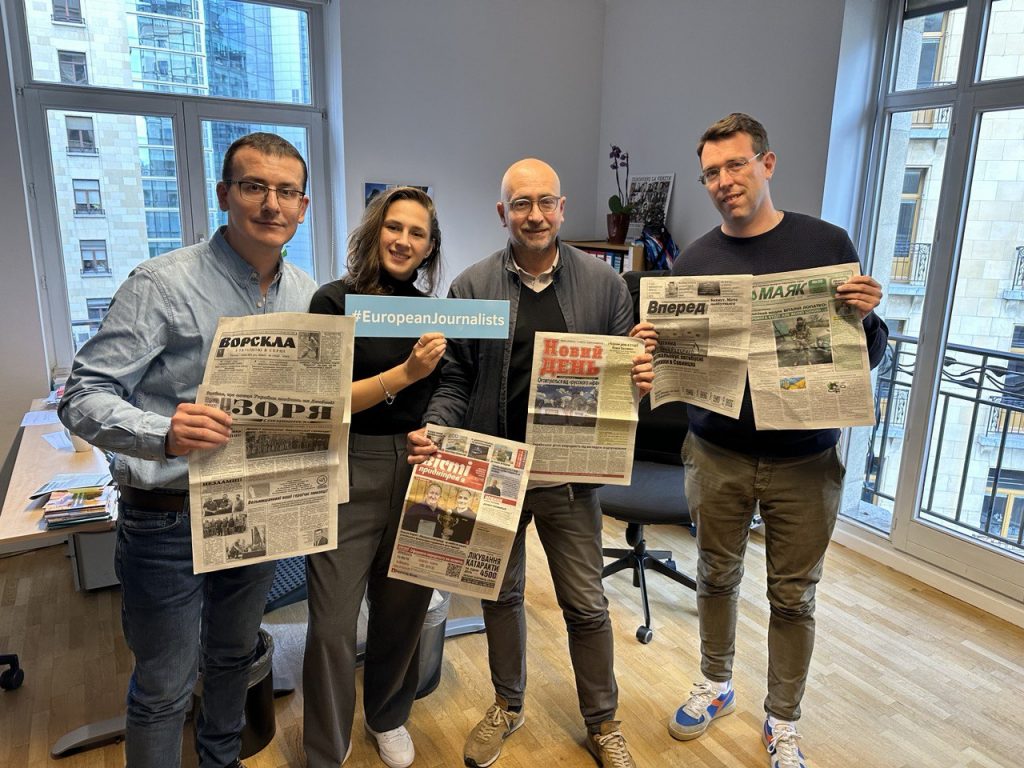
– Ukrainian media people said that they wanted to stay and fulfill their professional duties at home. At that time, the EFJ directed its efforts to support the creation of NUJU Journalists’ Solidarity Centers in Ukraine, said Ricardo Gutiérrez, the Secretary General of the European Federation of Journalists.
The Centers consolidated Ukrainian journalists in the conditions of the war, became real Centers of invincibility and professional mutual support, important hubs that help media workers fulfill their professional duties, as well as document the consequences of Russian war crimes and tell Ukrainians and the international community about the war. The activity of the Centers is diverse and takes into account the peculiarities of the regions.
For almost two years of activity, the Network has provided the following assistance to media workers (*as of December 31, 2023):
- hundreds of colleagues received assistance in evacuation from dangerous areas;
- 700 affected media workers received urgent financial assistance;
- 250 journalists received laptops, cameras, power banks, and other technical equipment for work;
- 5,600 journalists underwent professional training;
- 320 journalists received legal advice and assistance with accreditation for work at the front;
- 440 journalists received professional psychological support.
Ukrainian journalists, regardless of their place of residence or foreign journalists working in Ukraine, can apply to the Journalists’ Solidarity Centers through an online form, by phone, or in person.
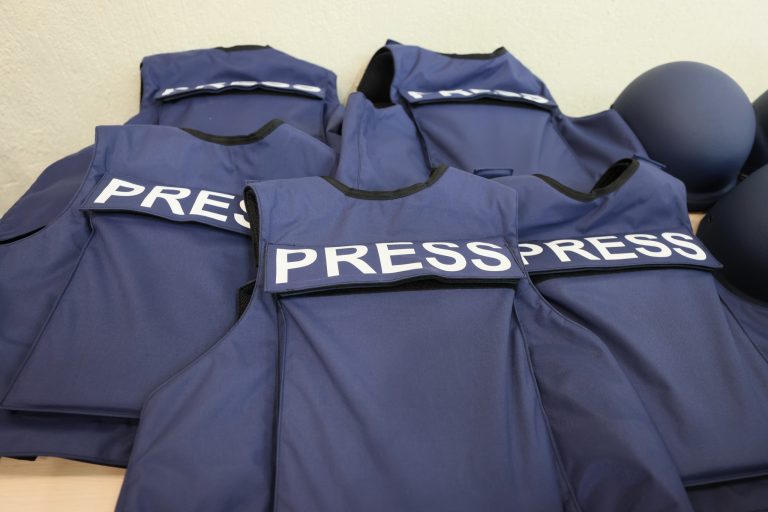
The Journalists’ Solidarity Centers can provide you with:
- Personal protective equipment for work in dangerous places: branded bulletproof vests, helmets, tactical first-aid kits.
- Technical assistance received from donors: video cameras, cameras, laptops, and other professional equipment.
- One-time emergency financial aid upon substantiated appeals: departure from the combat zone or occupied territories, damage to housing or property, purchase of equipment instead of that destroyed by the occupiers.
- Legal assistance: a legal support hotline operates within the Network.
- Assistance in obtaining the accreditation of the Armed Forces of Ukraine (AFU) – a hotline is in operation for inquiries with all questions regarding obtaining the accreditation of the AFU, as well as proposals for improving work in the combat zone.
- New skills and knowledge: training events are held to help journalists perform their work in wartime. Topics include security in conditions of hostilities and occupation, radiation safety, fact-checking, and the work of fixers. Educational activities are also organized.
- Consultative and organizational assistance on various issues: how to get grants, settle in a new place, leave the occupied territories, as well as help with temporary relocation abroad.
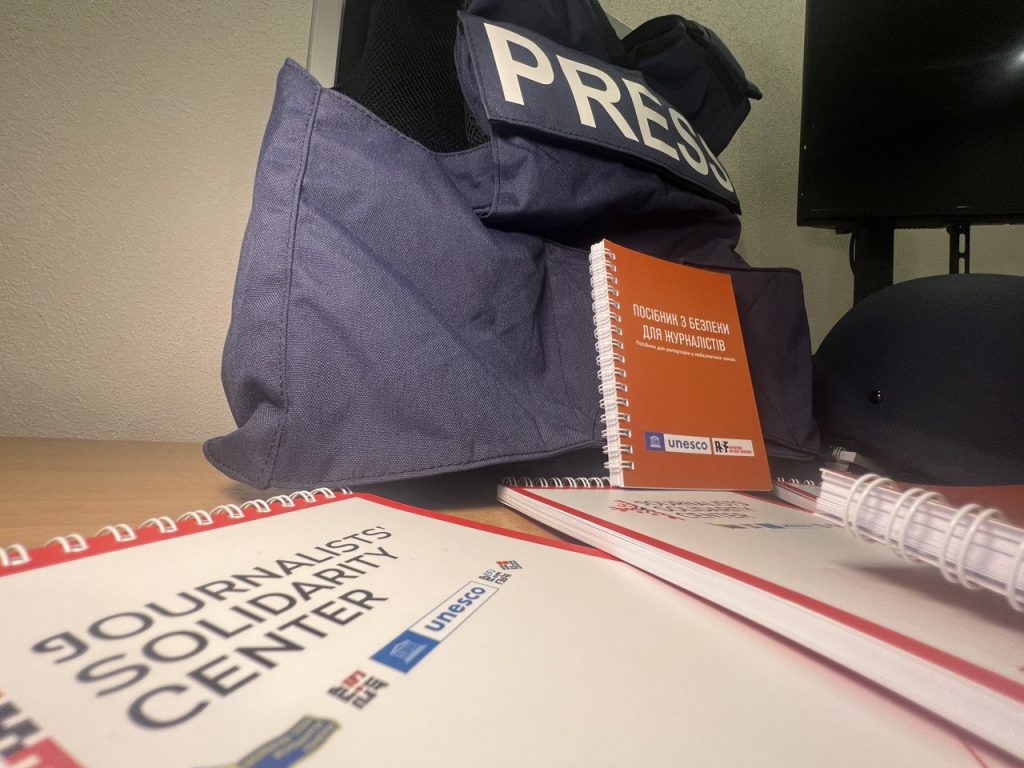
- Workplace with Internet access. All Centers of the Network also serve as co-working spaces, equipped with the necessary professional equipment, generators, and Starlink terminals.
- Psychological help. The NUJU organizes psychological consultations, trainings, workshops, webinars, and seminars that will help journalists cope with stress and burnout.
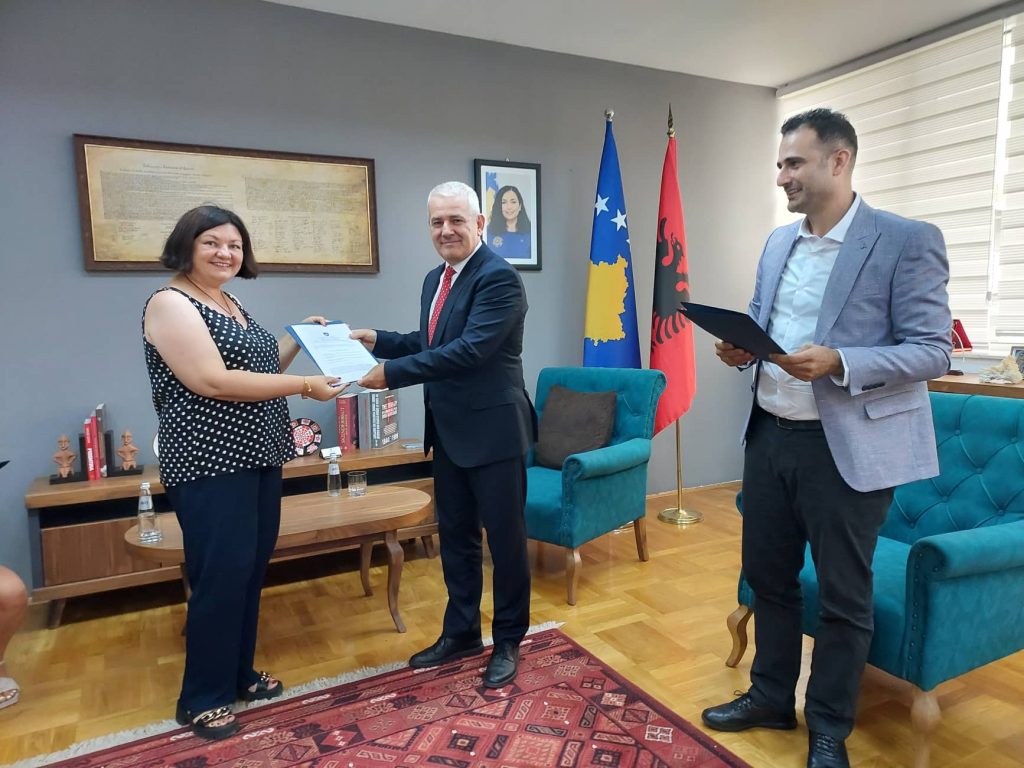
– It is important for a journalist to know that his colleagues are waiting somewhere. I remember how, after a complicated leave from the occupation, I was met by the staff of the Lviv Journalists’ Solidarity Center straight from the bus, provided with my first housing thanks to the NUJU, helped with documents, and provided financial support. The Center had workplaces I could work at, and colleagues who managed to get out of Kherson, Mariupol worked next to me… I can’t imagine how everything would have turned out if it hadn’t been for the Union and the JSCs, – says a journalist from the Luhansk Region, Maryna Zhyvotkova.
In 2022, due to the occupation, the team of the Kherson independent newspaper, Novyi Den, was also forced to leave Kherson. Currently, the journalists live in different regions.
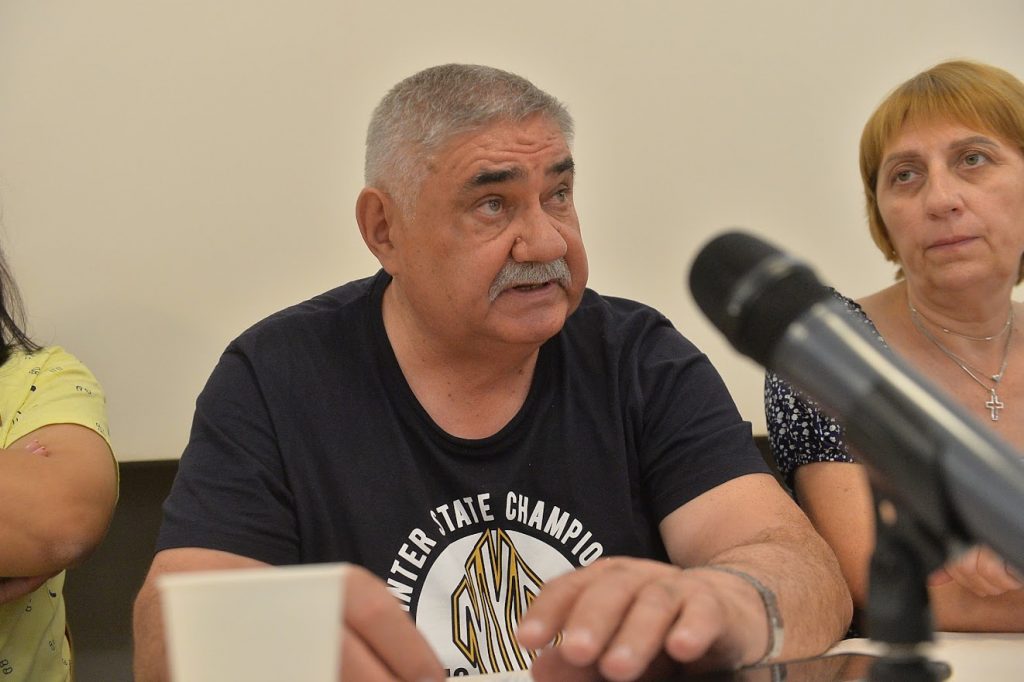
– After the occupation of the city, we stayed in Kherson for a whole month, until March 21, 2022. Of course, it was not possible to publish the newspaper, but we continued to fill the site. The support of my colleagues helped a lot: on the first day of the invasion, the President of the NUJU, Sergiy Tomilenko, called me, and later, we constantly consulted with him about whether to continue the work and in what form, – said the editor-in-chief of the newspaper, Anatolii Zhupyna.
Thanks to the support of the NUJU and international donors, Novyi Den continued its work on Internet resources. After the liberation of Kherson, it resumed the publishing of the newspaper, which is sent to Kherson. The publication is also presented in the Lviv office of the West-Ukrainian Journalists’ Solidarity Center. The economic stability of Novyi Den is currently ensured by the support of the Swiss non-profit organization, Foundation Hirondelle, and the International Institute for Regional Media and Information (IRMI, Ukraine).
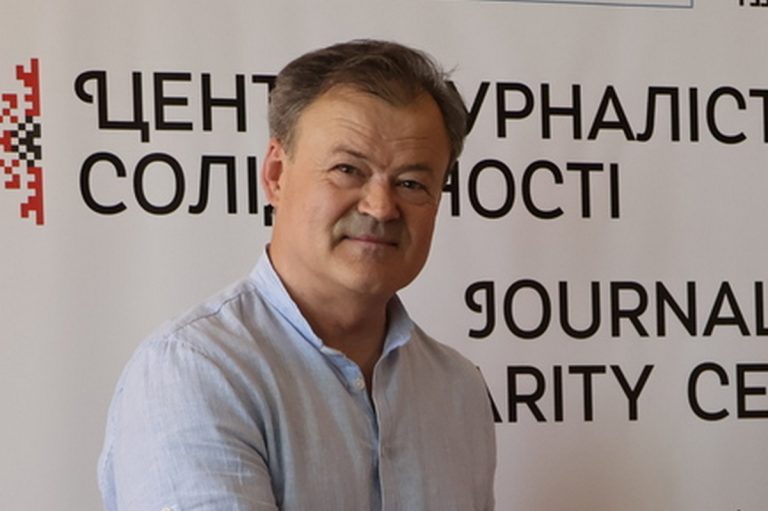
– From the very beginning of the full-scale war in 2022, colleagues from Kyiv, Irpin, Mariupol, and the Kherson Region came to us. Later, they arrived from the Odesa and Zaporizhzhia Regions. Journalists are still trying to leave those territories if they can. At first, we accepted 25 colleagues, but then people began to return to the Kyiv Region. Currently, 15 resettled journalists remain in the region, – says Volodymyr Bober, the coordinator of the Chernivtsi Journalists’ Solidarity Center.
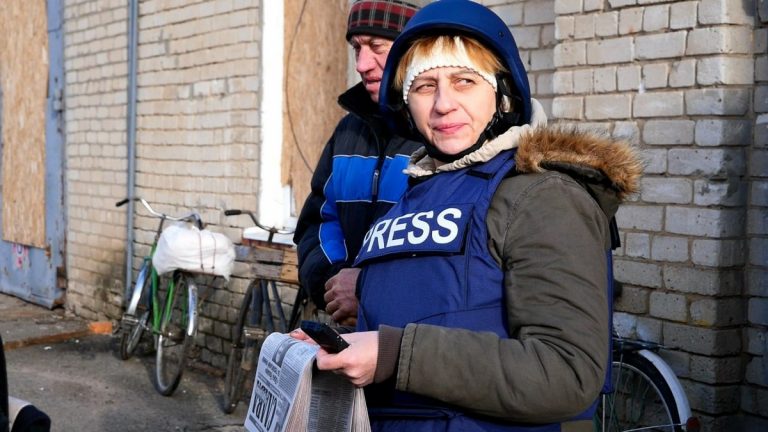
Svitlana Karpenko, the editor of the Trudova Slava newspaper from the front-line Orikhiv, which has been under shelling for the second year, now lives in Zaporizhzhia; she is a frequent guest of the Zaporizhzhia JSC and an active participant in professional training and other events. She highly appreciates the work of the Center. With the support of the NUJU, it was possible to restore the publishing of Trudova Slava, which was brought to people in Orikhiv by the editor herself. The locals always look forward to their favorite publication.
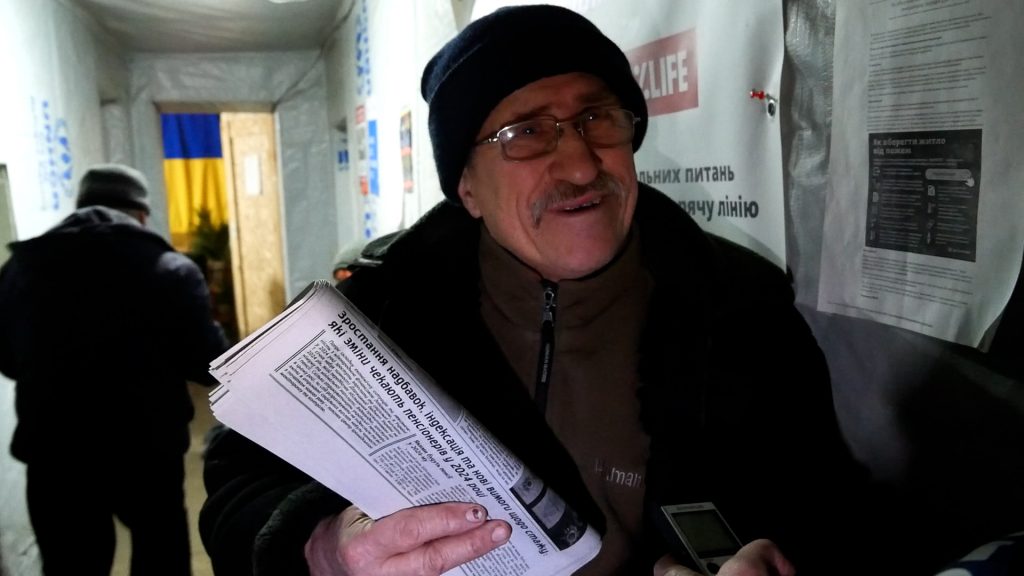
The Zaporizhzhia JSC is currently taking care of 28 displaced journalists. They were helped to obtain the IDP status and supported with necessary things, housing, and work. Together with local media people, they take part in the work of the JSC, where they pay much attention to psychological training and art therapy events, of which more than 50 were held in 2023 alone.
Currently, almost 20 IDP journalists living in the Dnipropetrovsk Region have applied for help from the Dnipro JSC, and the Center‘s team is in constant contact with them.
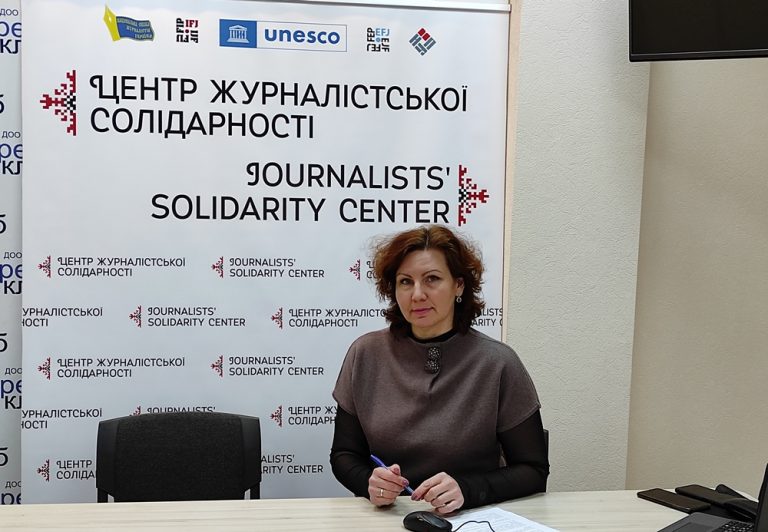
– I want to thank everyone for their concern and for the fact that we are all now joining forces as much as possible. Currently, many different mechanisms of assistance to media workers have been worked out, – emphasized Natalia Nazarova, the coordinator of the Dnipro Journalists’ Solidarity Center of the NUJU, which deals with the administration of journalistic appeals to the Network.
Each period of the full-scale war is characterized by its circumstances, which are reflected in the work of the JSCs. So, at the end of December, the Centers were transformed: the Lviv and Chernivtsi JSCs were merged into the West-Ukrainian United Journalists’ Solidarity Center, and another one was added in the front-line city of Kharkiv.
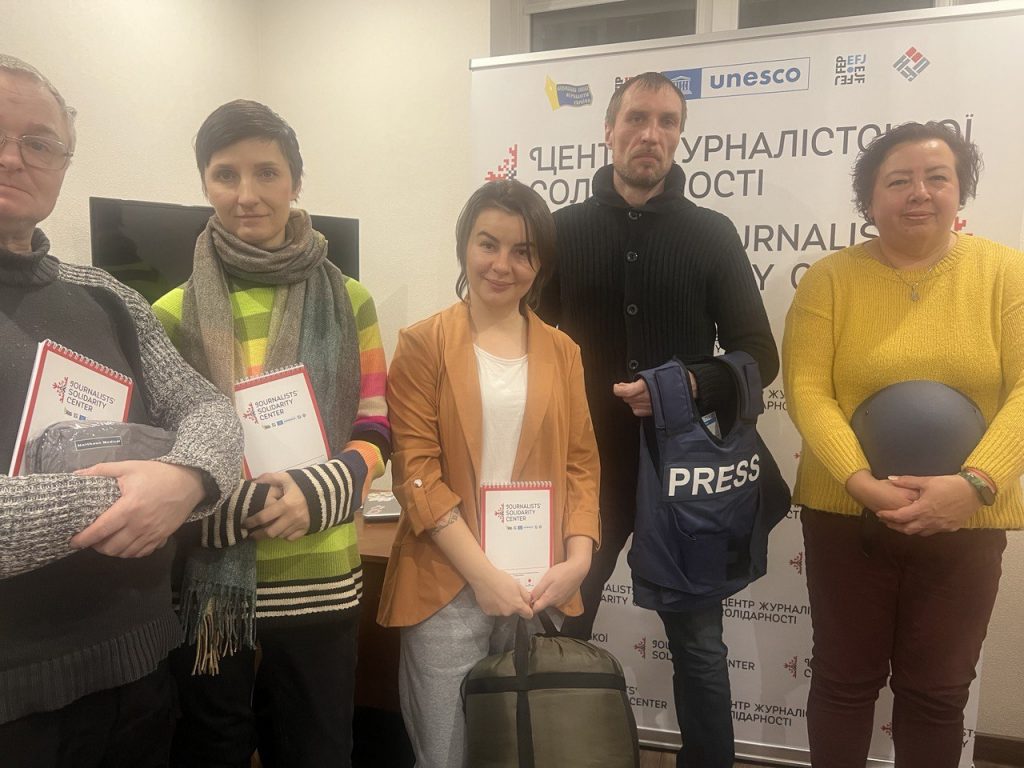
– For media workers, the Center in Kharkiv has become not only a place where they can turn for help but also a platform for communication, training, and exchange of experience. Currently, safety and psychological assistance is relevant for media workers, so we are also planning to hold respective events, – says Anna Chernenko, the coordinator of the Kharkiv Journalists’ Solidarity Center.
All six Journalists’ Solidarity Centers have decided to “subordinate” the regions in which the JSCs have not been represented. After the transformation, the Centers received an updated methodology and work strategy.
Currently, the central office of the NUJU is conducting specialized online coordination meetings with representatives of the JSC network and journalists’ hubs of the “subordinate” regions. As a result of the discussion, a number of urgent issues turn out to require elaboration and resolution:
– verification of media workers staying in a certain region, finding out how many journalists arrived and did not register with the JSC network to determine their needs;
– need for constant transformation of the work of the JSCs in the context of the current situation. Nowadays, many journalists have settled in a new place or returned home and got a job. Now, the issue of safety and emergency material assistance to those whose homes were damaged by enemy attacks and to injured journalists is coming to the fore;
– need to introduce additional training programs. Currently, there is a considerable demand for writing grants and consultations on the restoration or sustainable work of newsrooms. It is also proposed to change the format of psychological support webinars to the offline one, as it will be more effective for media workers in great need of psychological assistance;
– support of mobilized media workers.
The NUJU head office pays attention not only to the effective operation of the Centers but also to the fact that the feedback from the media persons who have received assistance from the NUJU is of great importance.
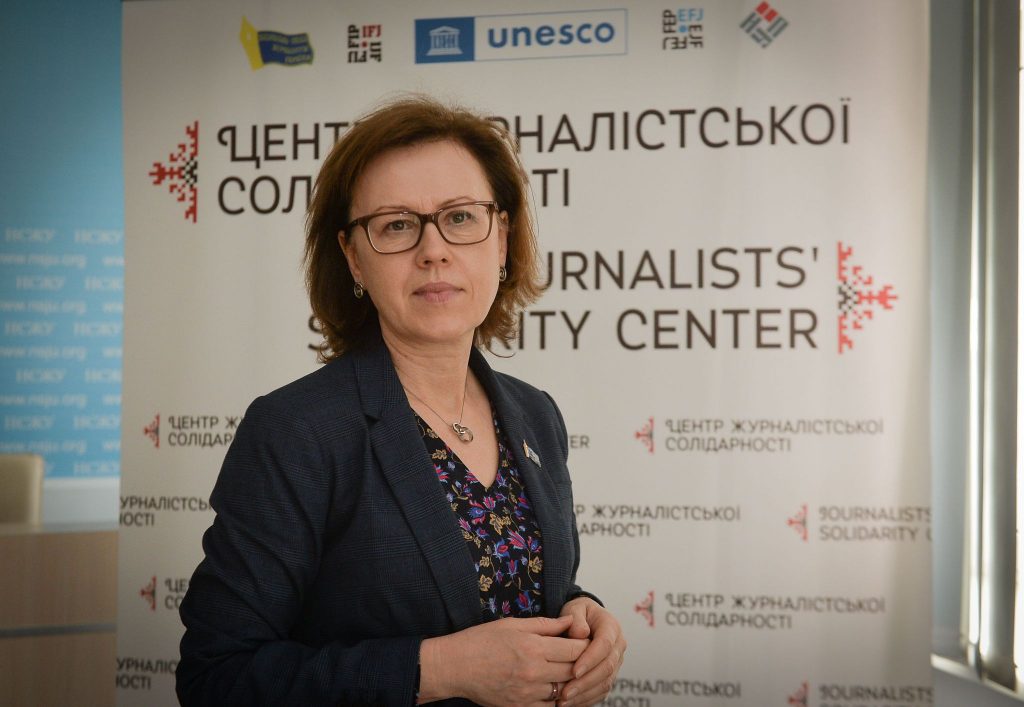
– It is important for donor organizations to understand how the assistance provided by the Centers has benefited the media in order to better identify the needs of colleagues affected by full-scale war. We should not only help but also show the conditions under which journalists work today and tell the stories of Ukrainian media workers who left dangerous territories or stayed to work there. Highlighting this issue helps to attract funds from foreign partners in order to help our colleagues more effectively, – stressed the First Secretary of the NUJU, Lina Kushch.
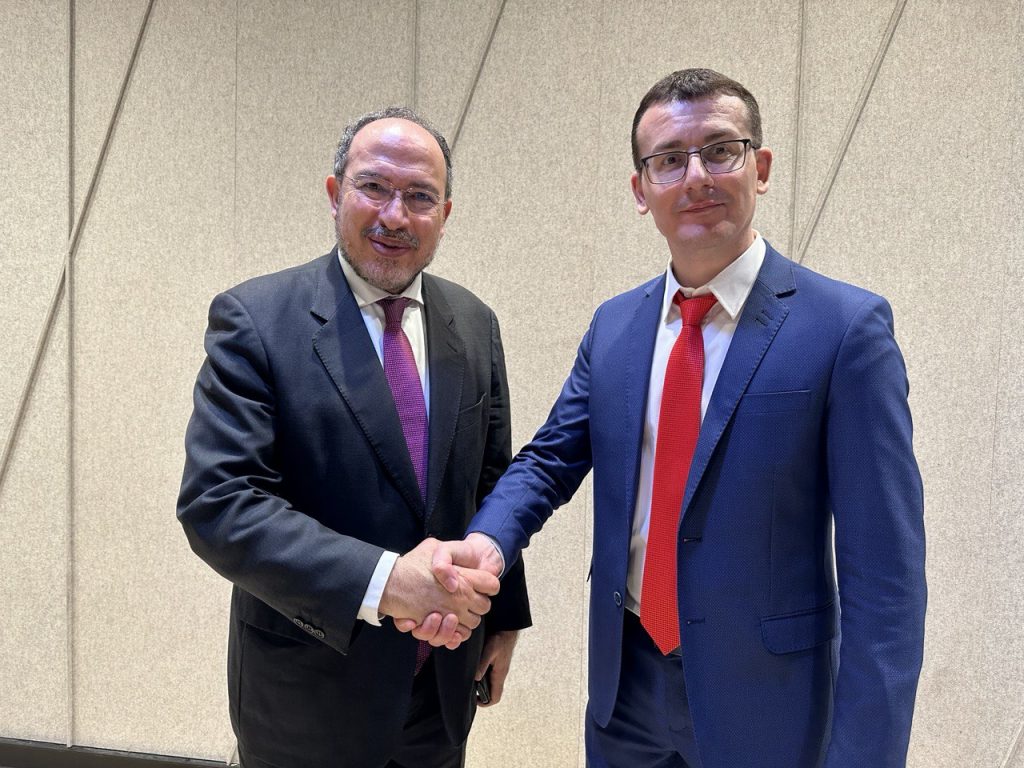
– UNESCO is committed to providing continued support to journalists in Ukraine to help ensure that they can carry out their crucial mission of public interest, that of gathering and disseminating reliable, accurate and sometimes life-saving information in a context of war. The Journalists` Solidarity Centres have been playing a critical role in this respect, through the range of services they provide. UNESCO welcomes the enhanced focus on addressing the needs of journalists close to the front-lines, – said Tawfik Jelassi, UNESCO‘s Assistant Director-General for Communications and Information, welcoming the opening of the JSC in Kharkiv in December 2023.
Journalists’ Solidarity Centers are located:
- Kyiv – 27A Khreschatyk Street, Tel.: 050 680 5204 (Illia Suzdaliev);
- Lviv – 5 Solomiya Krushelnytska Street, 2nd floor; Tel.: 097 907 9702 (coordinator Nataliya Voitovych); Chernivtsi office – 96 Nezalezhnosti Avenue, Tel.: 068 286 3706 (Volodymyr Bober);
- Ivano-Frankivsk – 25 Sichovykh Striltsiv Street; Tel.: 066 677 0726 (Viktoriya Plakhta);
- Zaporizhzhia – 152 Sobornyi Avenue, Tel.: 096 277 5352 (Nataliya Kuzmenko, Valentyna Manzhura);
- Dnipro – 8 Starokozatska Street; Tel.: 050 919 8479 (Nataliya Nazarova);
- Kharkiv – Tel.: 095 421 5477 (Hanna Chernenko).
ABOUT UNESCO
UNESCO is the United Nations Educational, Scientific, and Cultural Organization. It contributes to peace and security by promoting international cooperation in education, sciences, culture, communication, and information. UNESCO promotes knowledge sharing and the free flow of ideas to accelerate mutual understanding. It is the coordinator of the UN Action Plan on the Safety of Journalists and the Issue of Impunity, which aims to create a free and safe environment for journalists and media workers, thus strengthening peace, democracy, and sustainable development worldwide. UNESCO is working closely with its partner organizations in Ukraine to provide support to journalists on the ground.
The designations employed and the presentation of material throughout this digest do not imply the expression of any opinion whatsoever on the part of UNESCO concerning the legal status of any country, territory, city, or area or its authorities or concerning the delimitation of its frontiers or boundaries.
The authors are responsible for the choice and the presentation of the facts contained in this digest and for the opinions expressed therein, which are not necessarily those of UNESCO and do not commit to the organization.
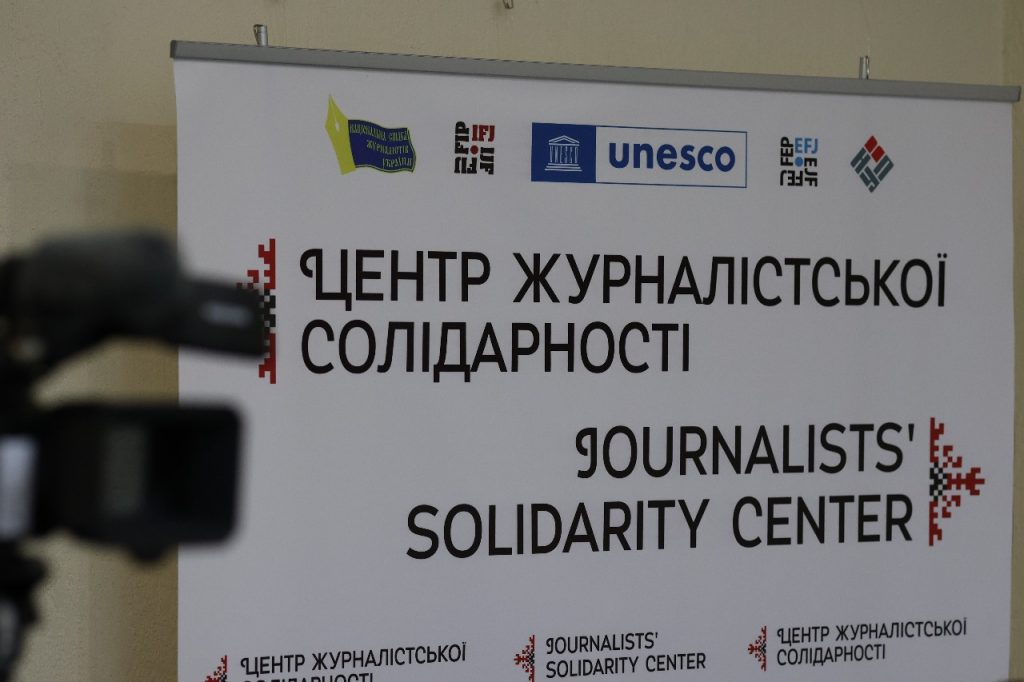
NUJU Information Service

 THE NATIONAL UNION OF
JOURNALISTS OF UKRAINE
THE NATIONAL UNION OF
JOURNALISTS OF UKRAINE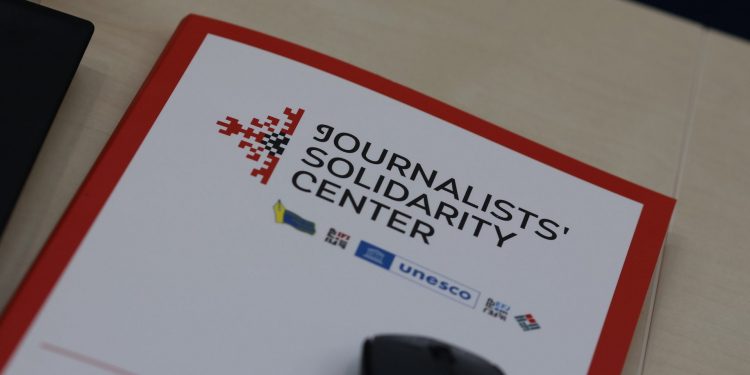
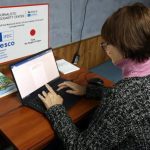
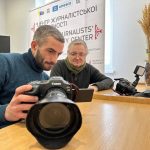
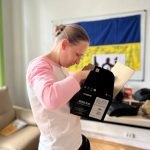
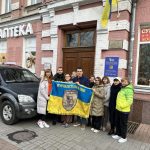
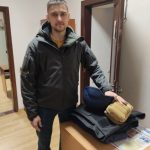
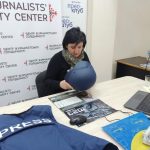
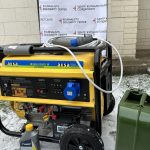
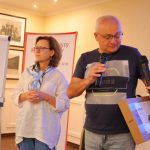
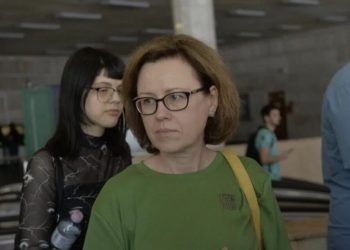
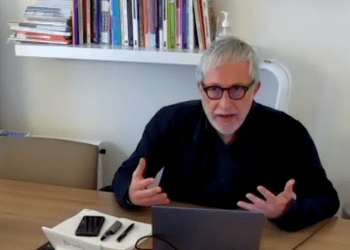
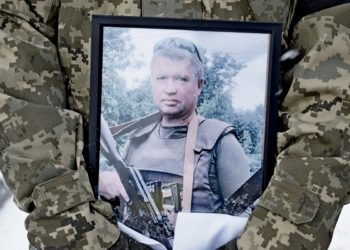













Discussion about this post